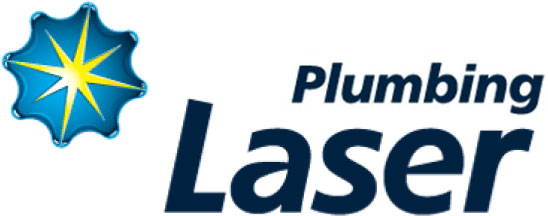Commercial Plumber: Water Charges to Double in Wellington – How to Save Water and Money
Commercial Plumber: Water Charges to Double in Wellington – How to Save Water and Money
Wellington residents are facing a sharp rise in water charges under the proposed Three Waters reforms, with some households expected to see bills soar to over $2,300 annually. Compared to the current average of just $205.44 per year, this increase represents a dramatic financial burden. While the current rate may seem high for smaller or efficient households, rising maintenance costs and aging infrastructure have stretched the old methods of pipe repairs beyond sustainable limits. The transition to fully funded upgrades is now inevitable—and it will come with a price.
Why Water Bills Are Rising
The central government’s reform plan aims to help councils replace aging water infrastructure in a more coordinated and consistent way. For Wellington, that means shifting from patch repairs to full-scale replacements. While this will ensure a safer, more reliable water system in the long run, the cost will be passed onto ratepayers—even if the current council passes responsibility to a new water entity.
How Much Water Do Households Use?
The average Wellington household uses around 169 litres per person per day, with the current annual bill covering a fair amount of water usage. Let’s break it down:
- Three toilet flushes per day (3 × 8 litres = 24 litres)
- One 10-minute shower (approximately 8 litres per minute = 80 litres)
- Daily use for cooking, teeth brushing, cleaning (around 10 litres)
These basics already use up 114 litres. By swapping to dual-flush toilets and 6-litre low-flow showerheads, usage can be reduced to under 100 litres per person per day. This efficiency can significantly reduce your water bill—even after the increases.
Offset Rising Costs with Smarter Water Use
Here are practical steps Wellington households can take to limit their water costs and reduce pressure on metered supplies:
- Install a Rainwater Tank
Capture runoff from your roof for garden watering, car washing, and general outdoor use. Even a modest 25,000-litre tank can provide sufficient supply for most households except during dry spells. - Upgrade to Low-Flow Shower Rose
High-efficiency nozzles reduce water use without compromising shower comfort. - Eliminate Waste Disposers
Reduce water usage and sewer load by disposing of food scraps in compost instead of via a waste disposer. - Install Dual-Flush Toilets
Simple toilet upgrades can make a big dent in daily water consumption. - Keep Metering Optional
Stay connected to mains supply for drought conditions but run primarily on a standalone rainwater system.
Smart Tank Integration Saves Big
Modern rainwater tank setups can switch automatically between stored and mains water, ensuring consistent supply without wasting metered water. Add UV purification and first-flush diverters to ensure high water quality without chlorine, which is often better for plumbing and hot water systems.
Financial Impact
Assuming future double-rate scenarios, a household charged $2,300 annually will spend $23,000 over ten years—unless proactive water-saving steps are implemented. An optimized rainwater tank system paired with low-flow fixtures can eliminate most mains usage, significantly lowering actual water bills.
Final Thoughts
As Wellington adjusts to rising water charges, homeowners must take action now to minimize costs and conserve resources. Simple steps like installing efficient fixtures, removing waste disposers, and investing in rainwater harvesting can dramatically reduce water usage—helping your wallet while supporting city-wide water sustainability.
To explore rainwater tank options, low-flow plumbing fixtures, or expert system conversions, get in touch with Laser Plumbing Wellington East. We're here to help you safeguard your household budget and contribute to a water-smart Wellington.
